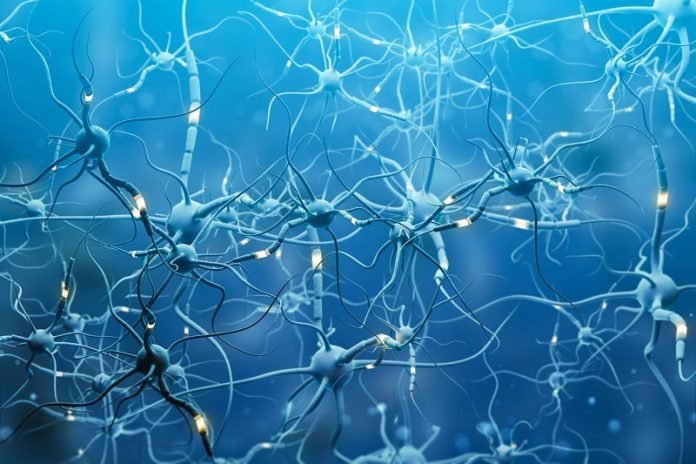
A recent study, presented at the American Physiology Summit in Long Beach, California, offers new insights into how obesity and high-fat diets may accelerate aging in the blood vessels that serve the brain, potentially leading to cognitive decline.
This research, conducted in mice, adds to the growing body of evidence linking vascular health and diet to brain function, and could point the way to new treatments for preserving cognitive abilities in obese individuals, which is a significant concern given that about 42% of U.S. adults are estimated to be obese.
The study was led by Sharon Negri, Ph.D., a postdoctoral research fellow at the University of Oklahoma Health Sciences Center, under the guidance of Stefano Tarantini, Ph.D., in the Department of Neurosurgery.
The team focused on understanding the mechanisms through which obesity and poor dietary habits impact cerebral blood flow and brain health.
Previous studies have already established a connection between midlife obesity and a heightened risk of experiencing cognitive decline and dementia in later years.
Negri and her team aimed to delve deeper into this relationship, particularly looking at how a high-fat diet influences the vascular system of the brain.
Their research involved feeding aged obese mice a high-fat diet and observing the effects on brain blood flow and memory performance.
The researchers employed a specialized mouse model that allowed them to measure cellular senescence—a state where cells cease to divide and contribute to aging and related diseases.
Findings from the study showed that just three months on a high-fat diet resulted in increased cellular senescence and a decrease in the density of healthy blood vessels in the brains of these mice.
These changes were accompanied by noticeable impairments in learning, as evidenced by the mice’s performance in maze tests, compared to normal-weight mice on a standard diet.
One of the more significant aspects of the study involved the experimental use of Navitoclax, a drug under investigation primarily for cancer treatment, which targets and eliminates senescent cells.
Treatment with this drug improved the condition of the brain’s blood vessels in the obese mice, suggesting a potential therapeutic approach to mitigating the harmful effects of vascular aging due to obesity.
The implications of these findings are substantial, indicating that obesity might accelerate cellular aging within the brain’s vascular system, thereby contributing to cognitive decline.
Establishing a direct link between obesity and cellular senescence could pave the way for new research lines.
These could explore therapeutic strategies to slow or prevent the progression of cellular aging, ultimately helping to address obesity-related cognitive deterioration.
As the research progresses, Negri and Tarantini plan to investigate whether lifestyle interventions, such as changes in diet or exercise, could potentially prevent or ameliorate cognitive impairments induced by obesity.
Such studies are crucial in developing effective strategies to combat the cognitive decline associated with obesity, which could have wide-reaching implications for public health given the high prevalence of obesity in modern societies.
If you care about weight management, please read studies about diets that could boost your gut health and weight loss, and 10 small changes you can make today to prevent weight gain.
For more information about obesity, please see recent studies about low-carb keto diet could manage obesity effectively and results showing popular weight loss diet linked to heart disease and cancer.
Copyright © 2024 Knowridge Science Report. All rights reserved.



